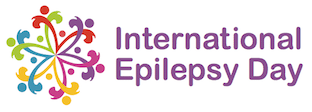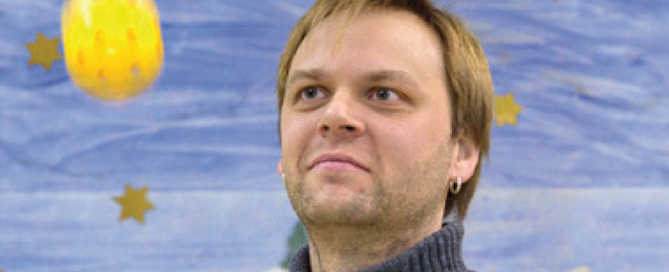Juha Karjula, a 38 year-old kindergarten teacher, obtained his university Master’s degree despite having refractory epilepsy. He had a tonic-clonic seizure when he was a high school student. The diagnosis was given quite soon after the seizure, however the cause of his epilepsy is still unknown. The first antiepileptic drug did not stop his seizures, so he was prescribed a second and then third one. Strong drugs resulted in unbearable side effects, for example, causing speech problems. There have been different phases in his drug therapy. Nowadays Juha is on three antiepileptic drugs and he has been seizure free for more than a year. The last seizure occurred after he had forgotten to take two of his pills.
In his experience, it is important to have good communication between a person with epilepsy and their neurologist. If needed, a support person or a family member, someone who knows a patient’s everyday life and wishes, could act as ‘interpreter’ between the doctor and the patient to ensure the patient is understood. In this way Juha had good interaction with his doctor and found a way for mutual understanding with his doctor about how he wants to be treated.
Juha feels he is living his dreams – enjoying his career and loving his wonderful family. There is a wife Anne and sons Taavi who is 11, Tiitus who is nine, and Tuure who is seven. They are living in Eastern Finland, in Kuopio. Sport is an essential part of the family’s leisure time. Two children play football, which demands Dad to hand around the sport field. He plays basketball himself. With his own friends, he is eager fan of board games. The whole family enjoys the fabulous Finnish countryside, boating on bright, blue lakes and wandering through wild, green forests. Juha is also lucky to enjoy nature trips just with the older children, who know in practice what to do if Dad has a seizure.
Juha is also a trained peer supporter for other people with epilepsy. In this role, he attended the adaptation/rehabilitation courses organized by the Finnish Epilepsy Association. The peer support model is recognized as a part of the governmental rehabilitation model of people with chronic illnesses. However “family business” has put this activity on hold until the children are older. This will happen fast as all parents know. Which means that Juha might soon act as peer supporter on adaptation training courses targeted for people with epilepsy.
Article by Sari Tervonen. Photography by Hannu Miettinen.

